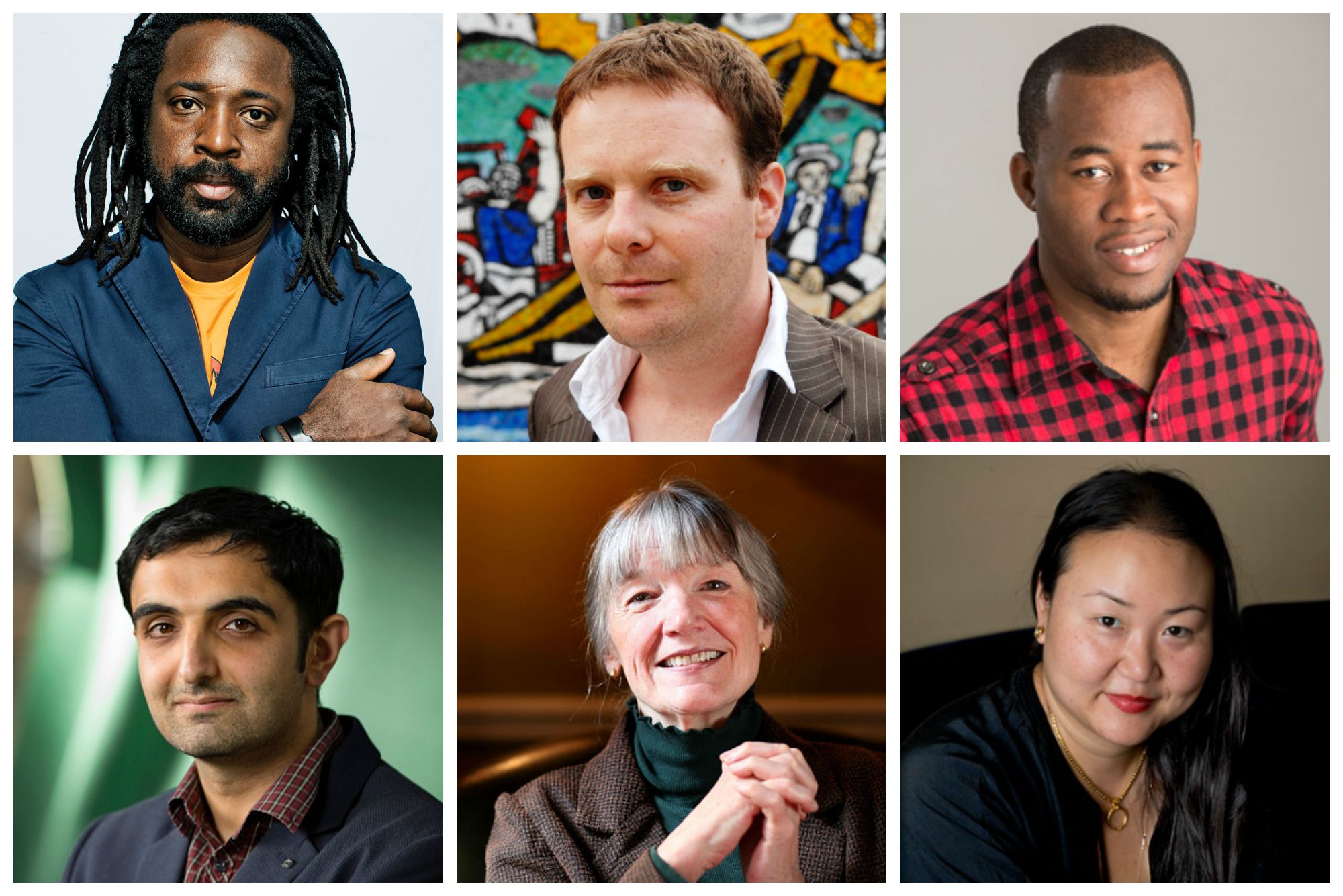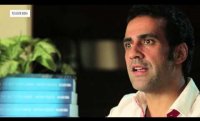The Man Booker Foundation has announced the shortlist for the 2015 Man Booker Prize for Fiction, which this year includes two American writers—Anne Tyler and Hanya Yanagihara—as well as debut novelist Chigozie Obioma. The annual award is given for a book of fiction written in English and published in the United Kingdom during the previous year. The winner receives £50,000 (approximately $77,000), and will be announced in London on October 13.
The six shortlisted authors are Marlon James of Jamaica for A Brief History of Seven Killings (Riverhead Books); Tom McCarthy of the United Kingdom for Satin Island (Knopf); Chigozie Obioma of Nigeria for The Fisherman (Little, Brown); Sunjeev Sahota of the United Kingdom for The Year of the Runaways (Knopf); Anne Tyler of the United States for A Spool of Blue Thread (Knopf); and Hanya Yanagihara of the United States for A Little Life (Doubleday). The shortlisted authors will each receive £2,500 (approximately $3,800).

The five finalists were selected from a longlist of thirteen authors; Ellah Wakatama Allfrey, John Burnside, Sam Leith, Frances Osborne, and Michael Wood judged. “The writers on the shortlist present an extraordinary range of approaches to fiction,” said Wood, who is the chair of judges. “They come from very different cultures and are themselves at very different stages of their careers.”
First awarded in 1969, the Man Booker Prize is one of the literary world’s most prestigious awards for fiction. The prize, which was previously given to writers from the United Kingdom, Ireland, or Zimbabwe, was expanded last year to include writers of any nationality writing in English. Australian writer Richard Flanagan won the 2014 prize for The Narrow Road to the Deep North.
Clockwise from top left: Marlon James (Cameron Wittig), Tom McCarthy (Ulf Andersen), Chigozie Obioma, Hanya Yanagihara (Sophia Evans), Anne Tyler (Clara Molden), Sunjeev Sahota (Murdo MacLeod)










